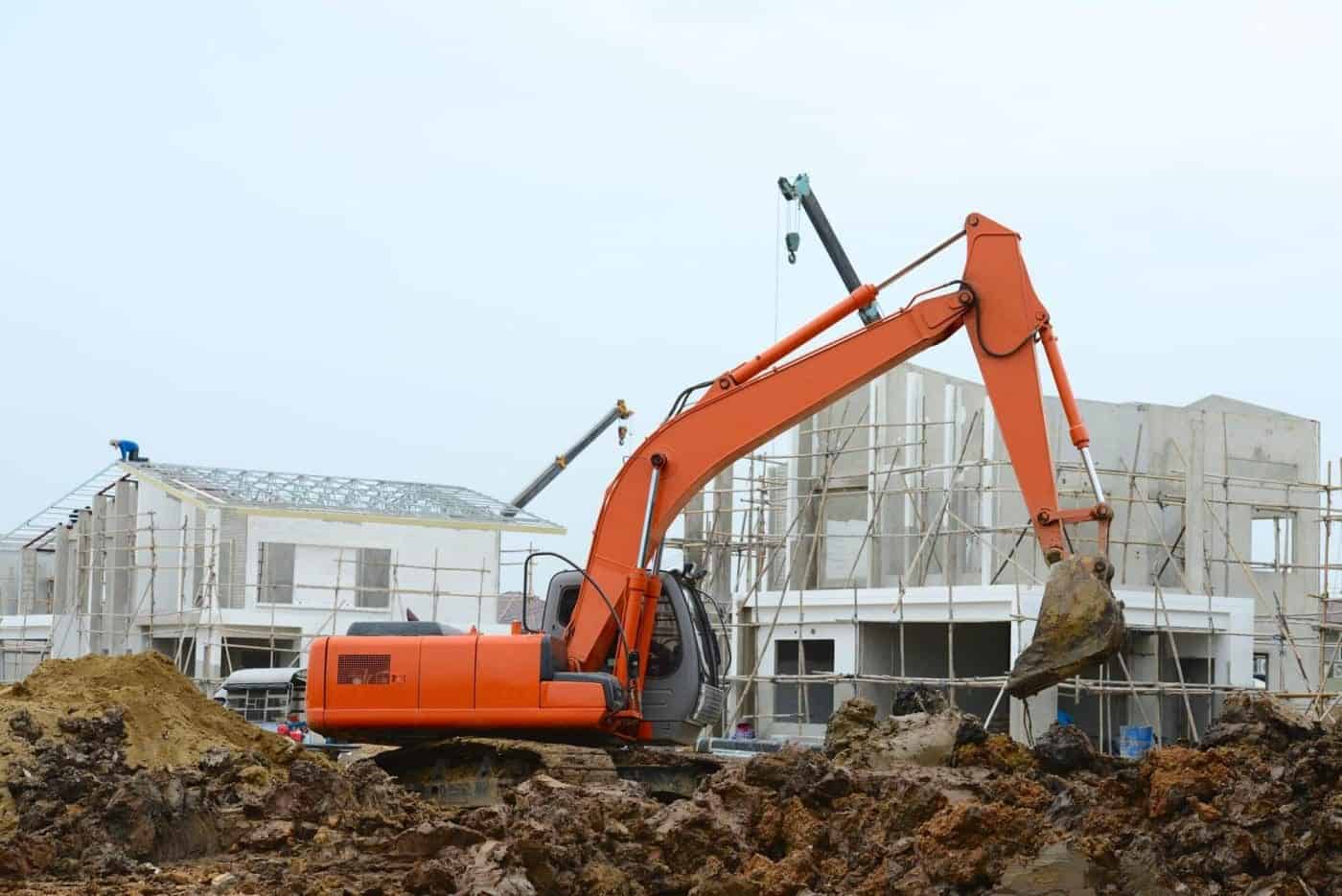
Source: Unlimphotos
Welcome to a deep dive into the intricacies of land subdivisions in the vibrant regions of Brisbane and South East Queensland (SEQ). This comprehensive guide will take you through the essential steps on how to subdivide land in Brisbane. For any developer town planner or investor who wants to make a successful land division venture, it is necessary that they familiarize themselves with the Brisbane City Plan 2014.
The division of land into smaller parcels has been a key element in urban development. In Brisbane and SEQ this development process falls under a framework that promotes growth as well as sustainability. Developers have their bible known as the Brisbane City Plan 2014 which gives specifics on all aspects ranging from sizes of lots to infrastructural needs.
Compliance means more than following rules; it’s about aligning yourself with what the community wants in the future. Subdivisions are planned by this document ensuring that their impact on regional landscapes is positive. Navigating this plan with precision is necessary for a smooth approval process for development approvals.
Before you begin your journey towards subdividing your piece of land, getting along well with the Council shall be your first stopover point. You need an understanding of an application process which varies depending on the development application and on whether code assessment or impact assessment is required by your project.
Developing or changing the use of a piece of land requires adherence to certain criteria stipulated by the relevant council within its city plan. These criteria aim to ensure that these changes conform to wider area objectives such as public health or ecological balance etc.
Your proposed subdivision may also affect neighboring properties. These effects include items such as traffic movements, quality of neighborhood, and availability of public services. It is essential to understand these impacts in order to make a successful application.
Subdivision does not just mean drawing lines on a map. Often it involves major works and infrastructure improvements. It is important that these requirements are met so that the new lots can be habitable and conform to the city’s liveability standards.
Once you have done all the groundwork, your next task will be taking your survey plan to the local council for approval. This “sealing” process scrutinizes your plans against all compliance criteria required by authorities.
Finally, registering your sealed survey plan with the State government is the last step in making your subdivision legitimate after getting council approval. This recognition enables the development permit you to sell or develop new sites created.
Zoning regulations stipulate what can and cannot be done in different parts of the city. For this reason, it is important that you correctly interpret these zoning rules if you want your subdivision done according to permitted land use categories and densities.
The period when an application submission process takes place at the Council Planning Department is when developers must show how their proposed subdivisions meet required standards. At this point, attention to detail combined with thoroughness pays off in the general development approval process.
It is not just a framework for the development of areas, but also a vision of what should be in the future. In addition to compliance with the plan sealing its rules, your subdivision must support this dream.
On the other hand, the minimum size of 300 sqm required by Brisbane as part of its lot size prerequisites provides a basis for land division developments that promote sustainability through maintaining value and use.
The cost to subdivide land in Brisbane can vary dramatically depending on factors such as block size and complexity of land subdivisions. Expect to allocate about 0k -0k for an easy two-lot subdivision.
To finance your subdivision project you should consider the various costs involved. Exploring alternatives like bank loans, private lenders or partnerships helps acquire resources needed to meet upfront costs and ongoing expenses.
In fact, private town planners offer essential expertise when it comes to navigating the complex world of land subdivisions. They help you through approval processes while ensuring that your project complies with all laws of the land alongside exploiting its full potential.
This is not just useful for those intending to partition lands within SEQ; it’s an absolute necessity. With a deep understanding of local conditions as well as legislation, they are able to steer your venture toward success.
To sum up, being familiar with Brisbane City Plan 2014 is vital when undertaking any successful land subdivision projects within Brisbane and South East Queensland (SEQ). As seen earlier on, falling in line with this plan does more than just meet legal demands but also reinforces growth and sustainability around the area.
Irrespective if you are already into real estate investment or have started trading recently, being able to master this strategy will avoid complications during the planning approval process. Therefore if you are thinking of land subdivision, seek expert advice on the Brisbane City Plan 2014 as they can help to navigate its intricacies. For more information about Beginning a Subdivision Journey in Brisbane call us today!
Hiring a car is one of the best ways to explore the UK and Europe.…
Imagine you're cruising down the highway, the breeze in your hair and your favorite song…
Thousands of motorsport fans head down to New South Wales in October to experience what…
Life crises are inevitable stages in everyone's journey. They arise when individuals must let go…
The gaming industry is constantly evolving, and one of the most significant innovations is live…
Home decor incorporates the use of powerful wall art tool. Adding a rug sets the…
This website uses cookies.